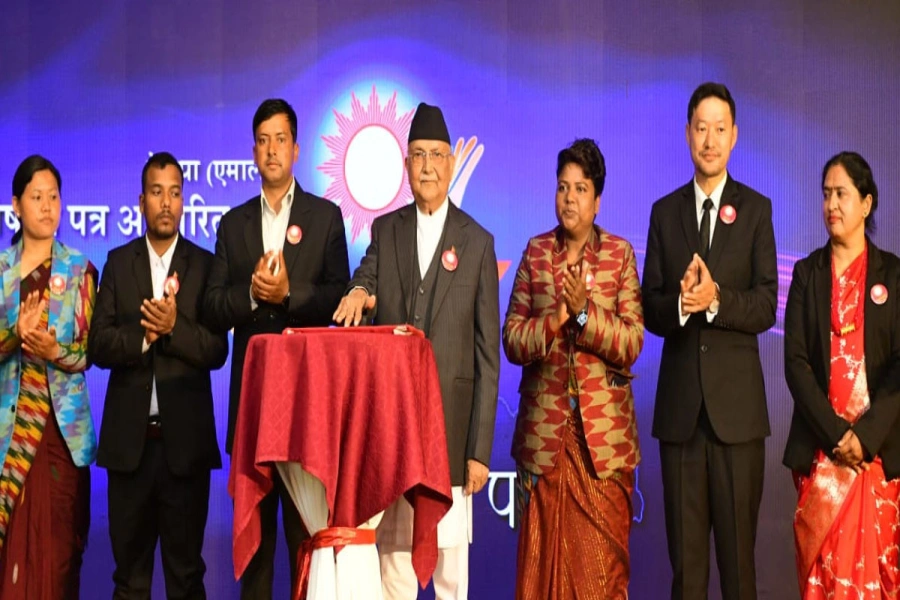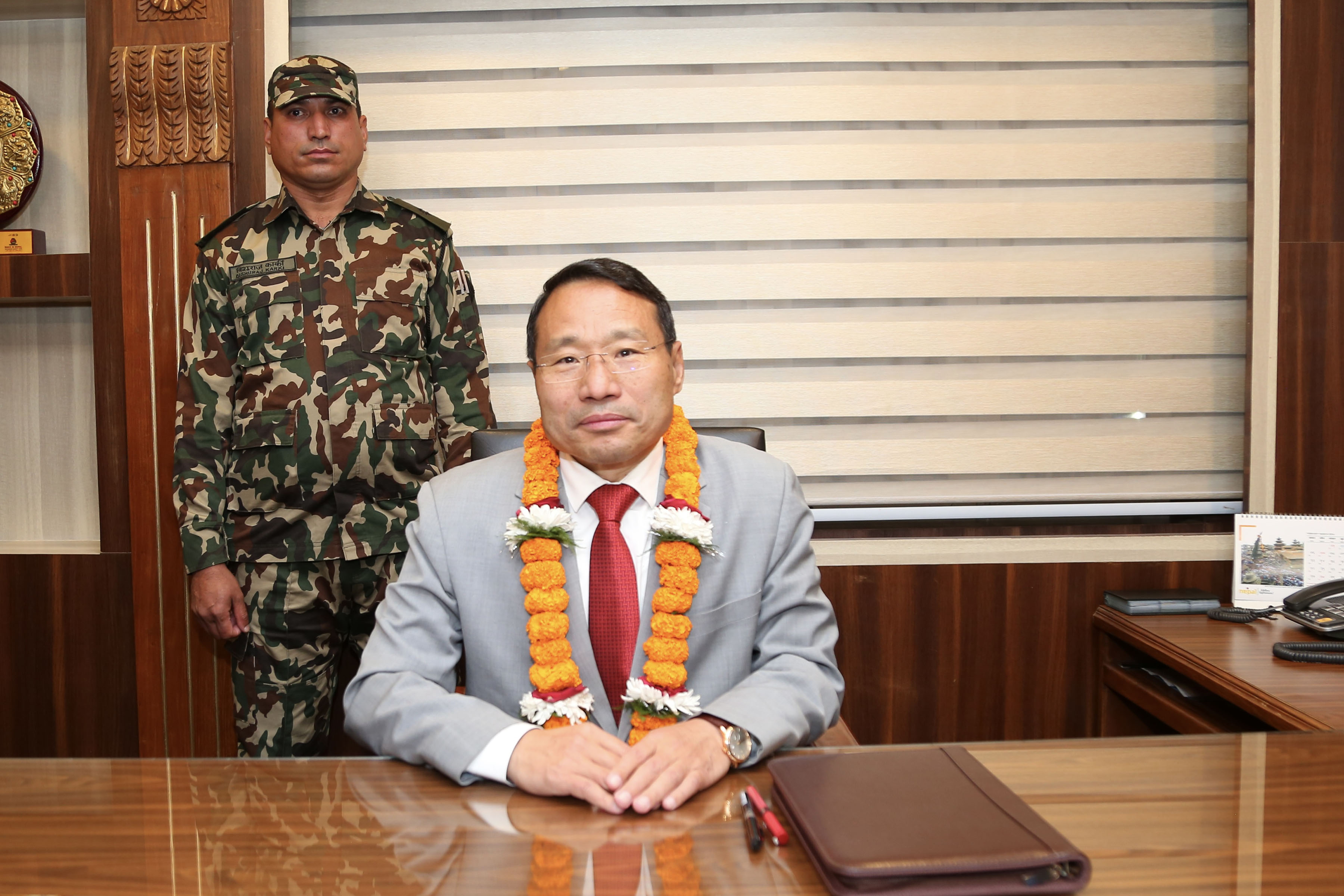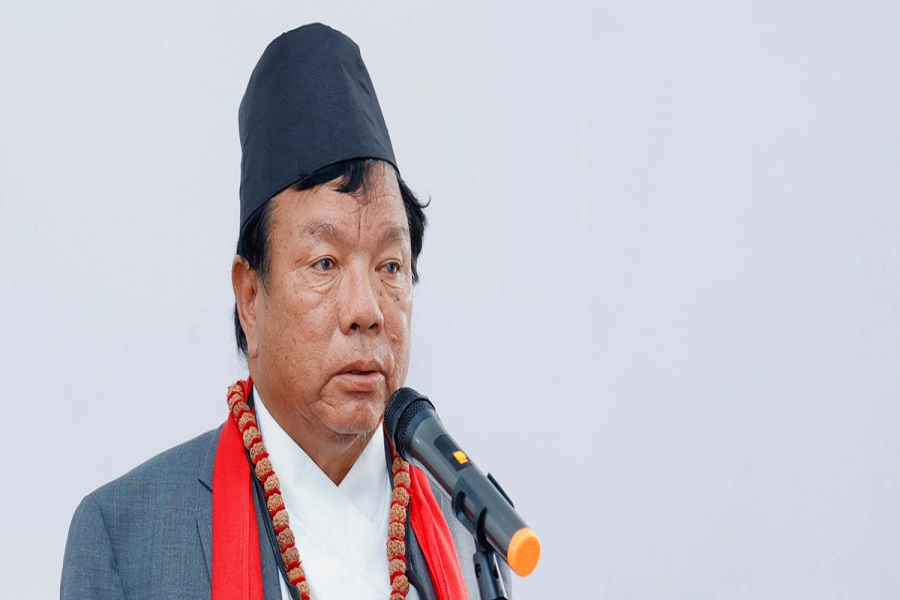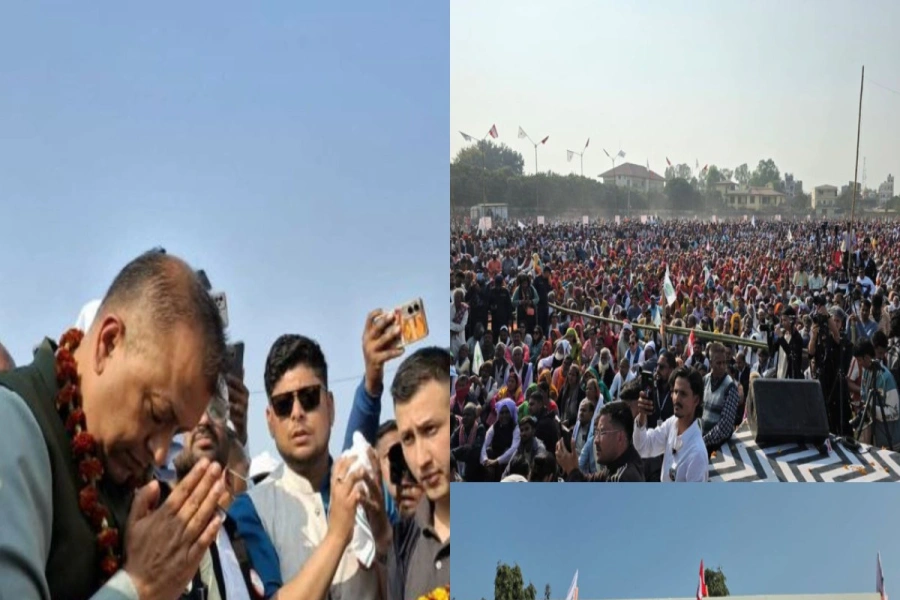KATHMANDU, August 5: The road ahead for the newly appointed Minister for Finance Krishna Bahadur Mahara is bumpy, not only because he is now a part of the battered economy but also because he has inherited the uncertainty and shortage of time coupled with eroding capacity and productivity of the bureaucracy, popularly known as the permanent government.
Mahara has the responsibility of implementing the budget by the erstwhile government in which his party was a coalition partner. He has voted against the budget-related three bills, creating a legal question on revenue mobilization.
His first challenge is to pass those three bills, according to former member of the National Planning Commission (NPC) Deependra Bahadur Kshetry.
Since Mahara is not an economist, he has to first understand the budget, Kshetry said, adding that Mahara will not have the magic wand to increase capital budget.
Successive governments have failed to spend capital budget in time, pushing development works further which has escalated both time and cost.
Country's economy plagued by low productivity, high production cost and chronic energy crisis followed by policy instability needs to be steered with a strong willpower and leadership. Big question at the moment can Mahara, with his ideological schooling of communism, strike balance with free market and most importantly the private sector -- the growth engine of the economy.
Though his party supremo, CPN (Maoist Centre) Chairman Pushpa Kamal Dahal and other leaders have repeatedly consoled the private sector that they are ready to work with them, there still exists a psychological barrier between the private sector and the communist parties of Nepal since the left parties have always been using the private sector as a milking cow for their expenses to run party.
However, Kshetry claims that the CPN (Maoist Centre) has become more homogenous than before. "As the CPN (Maoist Centre) has already accepted the parliamentary system, there should not be any confusion," he added.
However, the politics has, as always, pushed the economy on the backburner, as the country on Thursday saw 24th government in the past two and half decades after the people's movement of 1990 that heralded the era of democracy and open economy in Nepal.
With CPN (Maoist Center) Chairman Dahal's swearing in as the 39th prime minister of the country on Thursday, Mahara also took oath of office as the new finance minister.
According to senior economist Madan Kumar Dahal, the new finance minister has inherited all the challenges -- low productivity, high unemployment, low economic growth coupled with increasing inflation - from his predecessor. "Apart from these, the new finance minister has a herculean task to bring the economy that has been hijacked by the black-marketers, mafias and black economy back o the track,” he said, suggesting the new finance minster to increase connectivity with neighboring, regional and global market to boost export for accelerating economic growth and employment generation.
He also urged the new finance minister to bring short-term prescriptions to cure the ailing economy unlike the former government's long-term planning. "Short-term governments have to optimize its tenure and resources by bringing result-oriented action plans, like controlling price hike and distributing relief to quake victims that are still living under open sky due to government apathy, that can be seen and felt by the common people,” he added.
Trump's bumpy 100 days








































